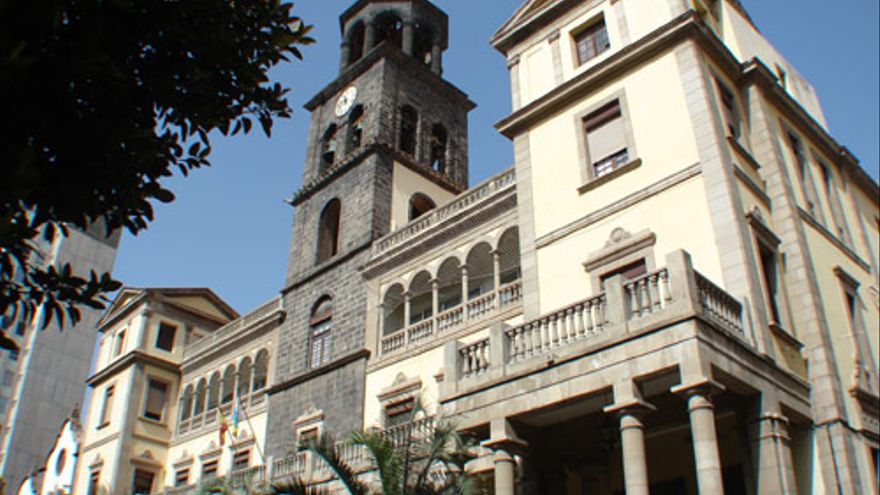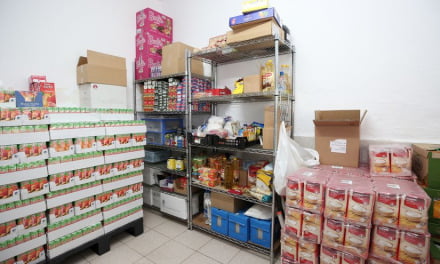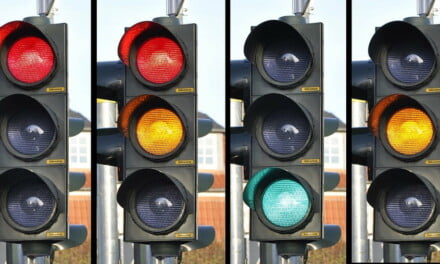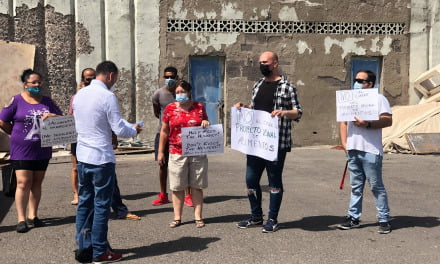The Canary Islands Regional Governing Council was forced yesterday to cancel curfews along with the other measures not supported by the Superior Court of Justice of the Canary Islands (TSJC – High Court -) in their ruling ratified yesterday. The Government had requested urgent clarification from the courts on the validity or not of the suspended measures to control the pandemic until the Spanish Supreme Court has pronounced, but the High Court magistrates were exhaustive, ratifying their decision announced on Sunday, to suspend the curfew until there is a decision from a higher judicial body. The Canary Islands Government now has until Thursday, at the latest, to appeal to the Spanish Supreme Court, who will have five days to pronounce. This is a very similar scenario as is being played out across Spain right now following the Central Government’s decision to unilaterally end the National State of Emergency on Sunday May 9, after 14 months of measures and restrictions to fight the pandemic.
Legal advisors to the Canary Islands Autonomous Community were of the opinion that until the Supreme Court pronounces on the Regional Government’s measures to control the pandemic, adopted last Thursday, that they should remain in force because the judicial order is not final, the Canarian High Court, however, maintains the opposite, insisting that the Curfew and the perimeter closures should continue to be suspended until the Supreme Court rules.
 The TSJC notified the Government on Monday that their order does not require clarification, saying that the suspended measures cannot be applied while they are not ratified by the courts, so the fact that the Canary Islands Government plan to present an appeal before Spain’s Supreme Court does not affect the decision of the Canary Islands High Court’s contentious-administrative Chamber.
The TSJC notified the Government on Monday that their order does not require clarification, saying that the suspended measures cannot be applied while they are not ratified by the courts, so the fact that the Canary Islands Government plan to present an appeal before Spain’s Supreme Court does not affect the decision of the Canary Islands High Court’s contentious-administrative Chamber.
“A measure that is not judicially ratified is not effective, and cannot be applied, as long as it does not obtain, in one or another jurisdictional instance, that express ratification to which the law has submitted it,” the court order establishes.
It is the opinion of the court that ratification “involves, by its own legal concept, a suspensive condition of effectiveness, so that when the legislator, in legitimate exercise of their powers, makes the decision to submit a certain administrative action to the need for judicial ratification, this is affected by an effectiveness that can be classified as merely temporary or lacking, so that the lack of judicial ratification prevents it from being fully effective. In short, a measure not judicially ratified is not effective and cannot be applied until it obtains, in one or another jurisdictional instance, this express ratification to which the law has submitted it”.
The Regional Government has until Thursday to appeal and the Supreme Court five days to decide
The President of the Canary Islands Government, Ángel Víctor Torres, urgently met with his Executive to comply with the ruling and immediately publish in the BOC (Official State Gazette) a repeal of the three measures summarily annulled by the High Court, those being: curfew, travel restrictions for islands on levels 3 and 4 and limitations on meetings in places of worship outdoors. The Regional Government’s spokesman, Julio Pérez, made clear that the rest of the measures are still in force, those being, limitation of restaurant opening hours and nightlife, maximum allowed capacities, safety distances, the use of a mask and controls at ports and airports. Pérez has insisted that “everything remains the same” and pointed out that although, since last night, there is no curfew on the islands “on the street there is nothing to do” because the parks, restaurants and nightlife venues will be closed.
 The suspension of the curfew, along with the other suspended measures, is to last at least one week, by which time the Spanish Supreme Court will rule on the arguments presented by the Canary Islands Government, in a ruling that, it is hoped, will unify the approach throughout Spain for the rest of the regional communities, many of which have seen pushback from the various autonomous higher courts. Now the Government of the Canary Islands, said Perez, will try to convince the Supreme Court of the need for these measures and pointed out that in the event of additional difficulties, the Regional Executive will decide on what other types of measures are needed, as it has done on other occasions, he said. . “At this time we have not considered declaring a state of autonomic alarm”, said Perez, alluding to the possibility, should the Government deem it necessary, to declare a regional state of emergency, in order to gain the necessary temporary powers needed to impose further restrictions.
The suspension of the curfew, along with the other suspended measures, is to last at least one week, by which time the Spanish Supreme Court will rule on the arguments presented by the Canary Islands Government, in a ruling that, it is hoped, will unify the approach throughout Spain for the rest of the regional communities, many of which have seen pushback from the various autonomous higher courts. Now the Government of the Canary Islands, said Perez, will try to convince the Supreme Court of the need for these measures and pointed out that in the event of additional difficulties, the Regional Executive will decide on what other types of measures are needed, as it has done on other occasions, he said. . “At this time we have not considered declaring a state of autonomic alarm”, said Perez, alluding to the possibility, should the Government deem it necessary, to declare a regional state of emergency, in order to gain the necessary temporary powers needed to impose further restrictions.
State Attorney General, Dolores Delgado, on Monday met with members of the Supreme Court ahead of the various appeals expected, including from the Canary Islands, and with the central government to define how changes in the legislation are to be explored, depending on what each high court decides. Minister for Justice, Juan Carlos Campo, and the Minister for Territorial Policy, Miquel Iceta, pointed out yesterday that the law allows each autonomous community to request that the central government intervene, during this exceptional situation, in their territory in order to implement measures deemed necessary. The Justice Minister, quoted in Spanish Language Daily, El País, pointed out that “additional legal changes will be studied and proposed to the Courts” if they are necessary after the Supreme Court has ruled.













